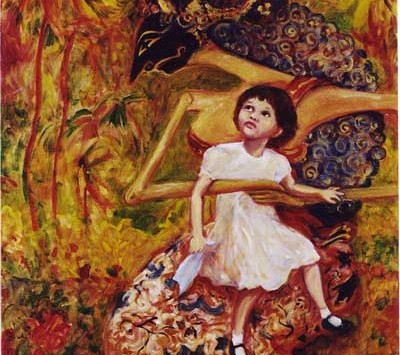Go to the weekly report for 10 January 2013
I want to explain why Japan as the northern hinge of the United States’ pivot strategy against China is simply not viable, politically or any other way.
In early March 2007 I found myself on the stage of a forum in Tokyo, together with Koike Yuriko, at the time Prime Minister Abe’s National Security Advisor, and soon after, Minister of Defence. Koike, an Arabic speaking former journalist, gave a short anodyne talk to the 800 or so assembled suits. I raised Abe’s comments on US Congressional testimony by two Korean and one Australian, woman about their experiences as sexual slaves for the Japanese Army in WW2. Abe had said that while the events were regrettable, “in the legal definition”, this was not a matter of coercion.
Addressing Ms Koike, I said these remarks were disastrous for Japan. Soft power – the capacity to generate a desire for imitation or admiration – is an important part of a country’s strategic posture. For Japan this issue–and the inability of the country’s leaders to rise above it–was the repellent – and repelling – inverse of soft power. Moreover, I said, I had a small personal connection to the issue which would not permit me to let the matter pass without comment.
One of the three women who testified so courageously in Washington, was a woman named Jan Ruff O’Herne, who happened to be the mother of a close friend, the Australian painter Carol Ruff.
I told a little of Jan’s story. I said to Ms Koike that I hoped that for both strategic policy reasons and because of the simple truth of what these women had been saying about their own lives in a committee room in Congress, the Abe administration would change course, and choose a path of historical reconciliation.
Backstage after the session, I apologised to Ms Koike for ambushing her, but she was unflustered, and brushed any unpleasantness aside. That’s politics she said, smiling. I was about to say to her that Jan Ruff O’Herne was a deeply religious and decent person, outside the world of politics, and except for this issue, which marked her so deeply, she was an “ordinary” person who I felt sure Ms Koike would be able to talk with.
Before I was able to say any of these well-meaning, but, as it turned out, naive things, Ms. Koike leaned towards me and said,
“But you know, all this is the work of Korean leftists. There’s nothing to it.”
– Richard Tanter, NAPSNet contributor
For an extended analysis of this issue linked to the current moves by the Abe government to revisit history, please see The Sick Man of Asia, the costs of denial, Richard Tanter’s policy forum.


